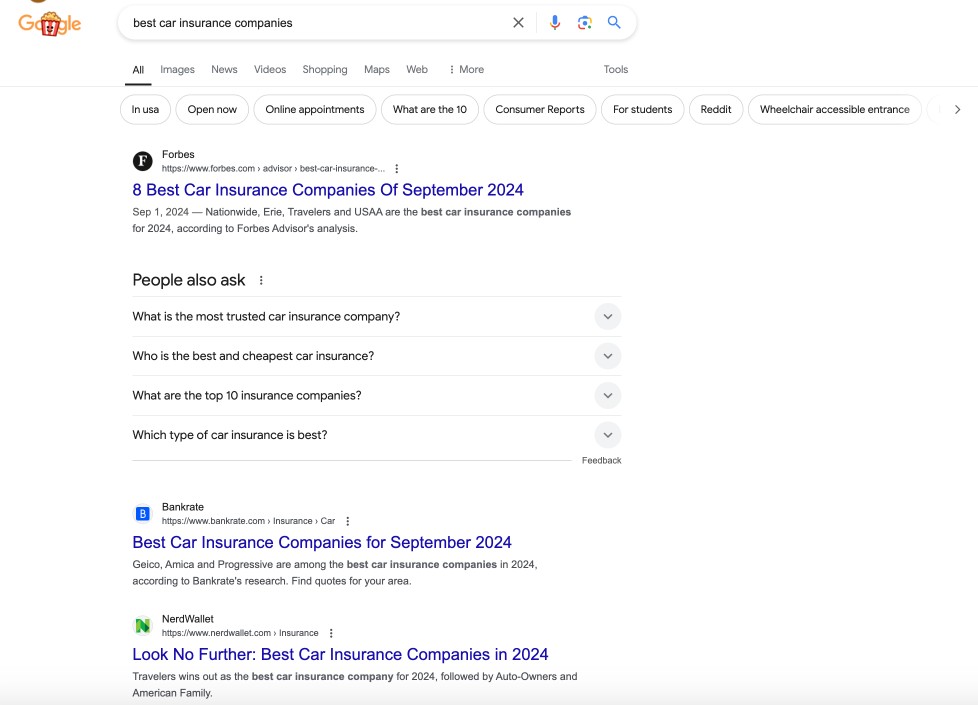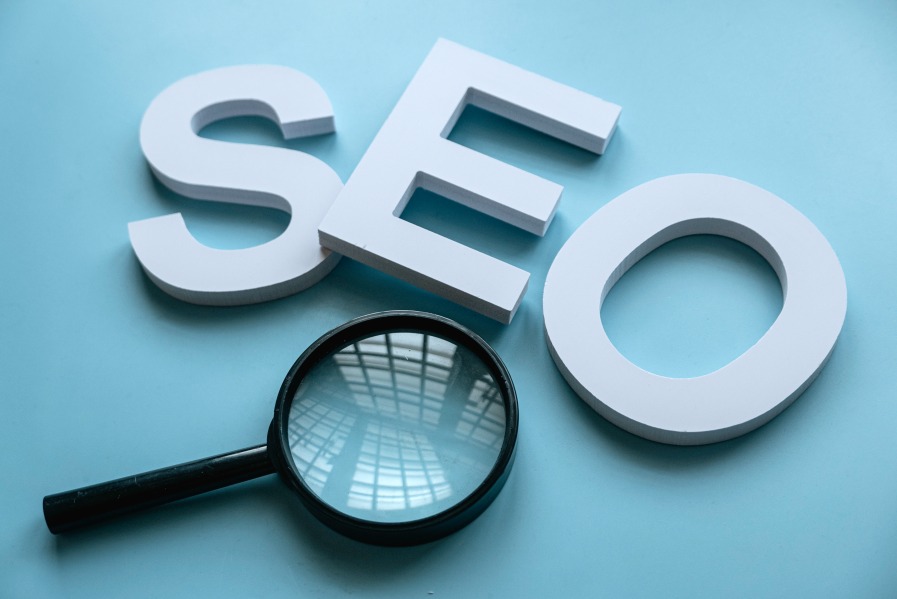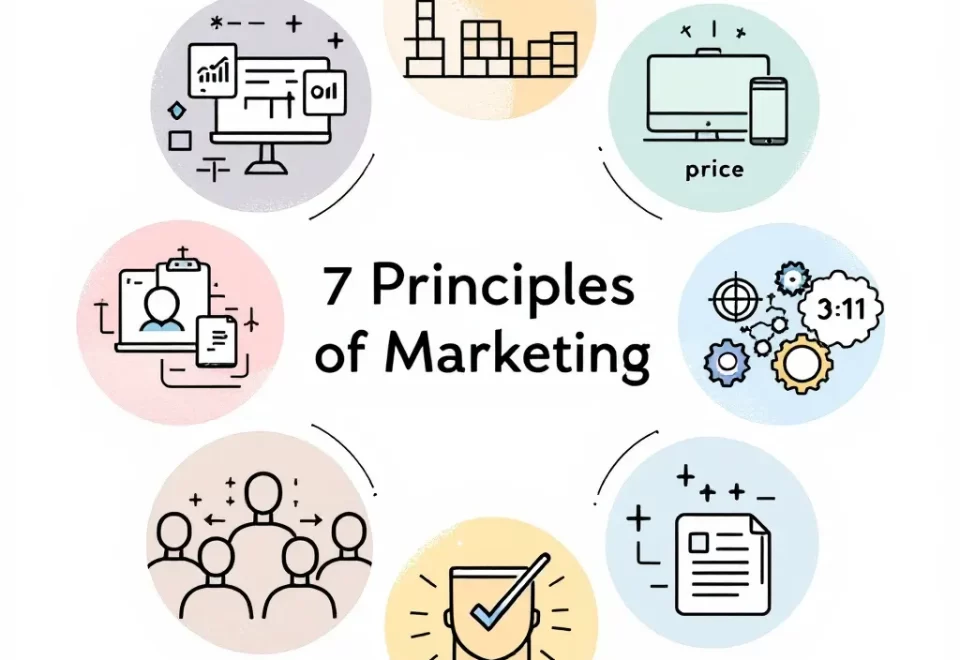Big insurance agencies dominate the first page of organic search results, which is why SEO continues to be the bedrock of digital marketing. Competing with them becomes a challenge for new market players. In this article, we’ll present tips and techniques for your insurance clients. Learn how to rank higher in search results consistently.
What is Insurance SEO?
Insurance SEO can enhance insurance firms’ websites to achieve better ranking in search engines.
Capture people who are looking for insurance products and services on the spot. Identify what people are looking for and deliver the right content in the form search engines use and display. Using strategic keywords, links, and useful content increases the chances of the right people finding your agency.
Benefits of SEO for Insurance Agents and Agencies
Below are some of the benefits associated with SEO to insurance agents and agencies.
- Better online visibility and brand awareness. Ranking high on the SERP for the relevant keywords will make more people find your agency.
- Enhanced credibility and trust. Positions at the top of the SERP often equal trust and credibility, and consumers are more likely to choose your agency.
- Possibility to reach your target audience from desired locations. If one uses local search terms, they are likely to get clients within the targeted area. This helps you reach the community that needs insurance products.
- Gaining more qualified leads. Out of the many advantages, a big one is producing better leads. Using the right content and keyword research attracts leads who search for insurance products and services exclusively. Turn leads into full-paying customers more often.
- Budget-effective marketing channel. Last but not least, SEO is an economical way of marketing with a residual effect. Although it entails costs of investment and commitment, its benefits can be great and long-term. It is possible to get a better return on investment (ROI) from SEO.
Want to boost your visibility and attract more clients with expert insurance SEO strategies?
Contact Growth Hackers
How to Implement SEO for Insurance Agency?
Improve the search engine optimization of an insurance agency with this step-by-step guide:
Evaluate your current progress
Before you begin the process of SEO, step back and ascertain where you stand. Determine the target audience and define the SEO goals you want to accomplish.
Consider the following aspects as the main areas of concern:
- Website positions. Look for your site rankings for keywords to know its current position in the search engine.
- Website traffic. Track general traffic and its sources, then look at its behavior.
- Conversions. Keep an eye on the traffic and estimate your current conversion rates.
- Technical SEO. Ensure your website’s tech side is optimized for rankings, including page load speed, mobile-friendliness, and accessibility.
- Content. Identify the quantity of material required. Set the standard for your site’s content.
- Backlinks. Look at the number and quality of the backlinks pointing to your site.
Gathering such info manually takes time and is only possible if you’re a seasoned SEO pro who knows every corner of this craft. That’s why automated SEO platforms like SE Ranking are essential for businesses like insurance companies. Such software helps you get all the above information and recommendations on how to optimize and manage your SEO process.
With all the requirements met, proceed with the following steps.
Identify SEO keywords
To reach out to insurance consumers, find out what keywords and phrases they use when searching for your services. These keywords will be your SEO strategy baseline.
Identify the keywords to use on your website about your insurance products and services. Brainstorming sessions remain the most important source of creative, relevant ideas on what keywords to work on. Start by writing down seed keywords, then expanding them with long-tail variations and ideas for clusters. To validate ideas, look at the search results for your keywords and check if they meet the search intent.
There are various ways to get user trends, such as the Google search feature “People also ask” or the autocomplete suggestions. Another recent practice is feeding AI with your product information and generating keyword ideas.
You can enter your competitors’ URLs in the search bar and see what keywords they have incorporated into their websites.
The right balance between their search volume, keyword difficulty, and user intent is something to look for. Keyword research tools provide the number of searches for a particular keyword and the competition level.
Sort your list of keywords into topics. This will help you understand what kind of content to create for specific users’ needs. Some SEOs have come up with smart LLM-based solutions for clustering content into topics – one such script in Python can cluster more than 10,000 keywords in a swipe.
Try to aim at long-tail keywords, which are less common and often are less competitive. Don’t panic if they have low search volumes. The topical authority coverage you get with such content compensates for the lower reach. For example, instead of using the broad term “car Insurance,” use more precise phrases like “cheap car insurance for young drivers” or “best car insurance for families.”
Hone on-page SEO
On-page SEO is a modification of your site elements to increase rankings. Using on-page elements helps enhance the flow of the organic traffic of insurance agencies.
- Titles: A blue link that appears when a particular search is made and the page is displayed. It should mirror the page’s content and include your target keyword. Keep it brief, but put as much flavor into it as possible. Here’s how to make your titles compelling.
- Meta Descriptions: A summary below the article title. Try to use words that trigger users to visit your insurance agency page. Put your target keyword in your description and an irresistible call to action.
- Header Tags: Create subheadings and make the content easy to read. Make sure you have included the relevant keywords in your header tags.
- Keyword Optimization: Ensure the target keywords keep the natural flow in the text, headings, and body of the entry, as well as descriptions of images and meta tags.
- Content Quality: Your content should serve the intended objective of your target audience. Use simple language and short sentences.
- Image Optimization: Minimize the image size and make sure their file names are descriptive and informative.
- Internal Linking: Connect other pages within your website so crawlers can identify your website structure.
Craft valuable content
The top three goals content helps insurance companies achieve are creating brand awareness, building trust, and educating their target audience. By posting useful content on insurance, you respond to your readers’ problems and needs. What they will benefit from may include tips on insurance, developments in the industry, and even success stories from clients.
To build a comprehensive, structured approach to an insurance agency’s SEO, pay attention to user intent and your pages’ semantics. Search engines and humans love full information about the topic discussed in one place, efficiently navigating through the content. That’s why covering all the semantics your industry provides is imperative while double-checking whether it’s something the users expect to get when entering a specific search query.
AI can help you cover your topics comprehensively – CMI finds that most marketers use it for brainstorming new topics (51%), researching headlines and keywords (45%), and writing drafts (45%).
The variety of content types also makes a difference. Long ago passed the times when text was the only option. Indeed, leading agencies adopt new formats like podcasts, shorts, and webinars while embedding them into the bigger content marketing strategy.
Unlock the potential of insurance SEO and watch your organic traffic soar!
Build quality backlinks
With algorithms changing quickly, backlinks are the heart of a resilient SMB digital strategy. To create a quality backlink profile, retrieve backlinks from authoritative, relevant websites. Effective link-building strategies include:
- Guest Posting. Create useful content, then submit it to other insurance-related sites, and get a link to your site in return.
- Partnerships. Partner with other similar businesses and come up with content pieces or promotions while exchanging links.
- Link baits creation. The content should be very good to draw links without having to beg for them. Think about using your network to find exclusive insights for drawing links naturally.
Don’t miss local SEO
Most insurance-related keyword queries are local. Capturing such traffic for insurance agencies requires a focused approach. Here are three key components to focus on:
- Google Business Profile. Fill your insurance agency profile with proper business information, services offered, and quality images.
- The Importance of Reviews. Reviews affect local search rankings while influencing the consumers’ choices. Ask customers who have had a positive experience to post their feedback on Google, Yelp, or the relevant sites. Always reply to both positive and negative comments.
- Online Citations Optimization. Having the right business information across the web is important in local SEO. Claim your business listings on directories such as Bing, Yelp, and Apple Maps. It is crucial to have your business name, address, and phone number (NAP) the same everywhere. This assists search engines in confirming your location.
Work on technical SEO
Technical SEO refers to the optimization methods that are not directly related to content but rather influence how search engines crawl and index a site. Although it is rarely spoken about, it is one of the most important factors in achieving a good ranking.
Key technical SEO elements include:
- Website Speed: Reduce the amount of code used on a page and enable the browser caching to reduce the loading time.
- Mobile-Friendliness: Make sure your website is fully responsive and displays right on all devices.
- XML Sitemap: Make an XML sitemap to aid search engines in crawling and indexing all the pages.
- Robots.txt: This file is used to define which site’s pages are accessible to the search engines.
- URL Structure: Make clean, easy-to-understand URLs and include focus keywords.
- HTTPS: Enable the secure protocol to protect the user information and increase the website’s reliability.
- Schema Markup: Use schema markup to give search engines more information on the content that your site offers.
If you want to know the kinds of results we can help you achieve, I invite you to look at our insurance SEO case study where you will discover how we helped this insurance company go from 10K organic visitors per month to 100K+.
Final Thoughts on Insurance SEO
SEO for insurance agents is not an on-stone approach. The best practices that enhance the chances of your insurance agency’s SEO campaign success include identifying your target audience, conducting keyword research, and optimizing the on-page and off-page factors. It means creating good content, getting valuable backlinks, and understanding more about local SEO to attract your target audience. Also, don’t forget to continue assessing performance by looking at insurance SEO metrics, analyzing the search engine trends, and modifying the strategies.
Growth Hackers is a forward-thinking insurance marketing agency helping insurance companies drive targeted organic traffic to their websites, generate highly qualified leads and acquire more customers. If you’re interested in growing your insurance firm, just reach out to Growth Hackers today to request a free consultation.








